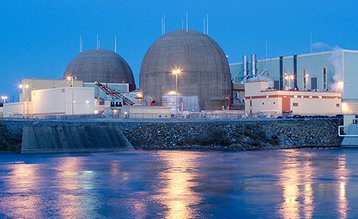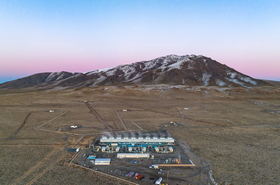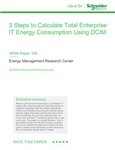Dominion Energy has put out Request for Proposals (RFPs) for solar, onshore wind, and energy storage development projects in Virginia.
Proposals will be accepted on a continuous basis through the year, and can be for photovoltaic solar power and onshore wind, either combined with or with energy storage, and stand-alone energy storage projects.
The company said acquiring the projects will contribute to Dominion's integrated resource plan, and to help meet the requirements of the Virginia Clean Economy Act and the Net Zero greenhouse gas emissions commitment of 2050.
Regarding solar power, Dominion is particularly seeking non-residential rooftop solar developments - with a focus in urban areas and up to 3MW - as well as mechanically-complete projects on commercial, industrial, and government-owned buildings.
Other solar proposals could be utility-scale projects that exceed 3MW or distributed projects. All must be within Dominion's territory.
Dominion is also encouraging power project proposals on brownfield sites that were previously developed, for example, landfills or industrial sites.
Dominion will also be sending out RFPs for Power Purchase Agreements (PPAs) in October 2024, the company said.
Virginia has the largest data center market in the US, placing significant pressure on the state's grid. Earlier this year, Newmark predicted that data center power consumption could reach 35GW by the end of the decade, a notable portion of which will reside in Virginia.
A recent report by McKinsey suggested that data centers and generative AI could see power demand from IT equipment in the US reaching 50GW by 2030. This is up 15GW compared to Newmark's predictions.
Despite growing demand, there is still a notable queue of power projects awaiting interconnection. According to a report by the Department of Energy's Lawrence Berkeley National Laboratory, around 2.6TW of power projects are awaiting approval across the country.
"While total capacity of generators and storage active in interconnection queues provides an indication of longer-term developer interest in grid expansion, it provides less insight into shorter-term resource adequacy concerns related to power plant retirements and/or load growth that is being driven by transport electrification, manufacturing growth, and data centers," said the researchers.
"Signed interconnection agreements provide a better understanding of the nearer-term pipeline of project development."






